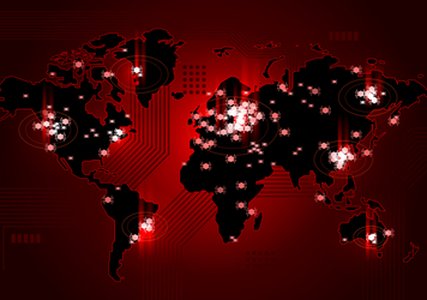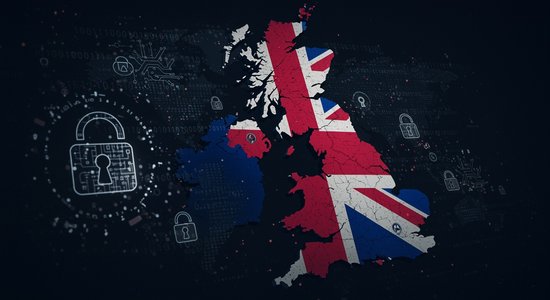Ransomware is the biggest concern for cybersecurity professionals, according to results of the Infosecurity Group’s 2022 State of Cybersecurity Report, produced by Infosecurity Europe and Infosecurity Magazine.
Cybersecurity Professionals' Number One Concern: Ransomware
This attack vector was voted as the biggest cybersecurity trend (28%) by the survey respondents (including CISOs, CTOs, CIOs and academics), marking a significant change from the previous report in 2020, where ransomware did not break the top three. This follows surging ransomware incidents in 2021, with ransom demands and payments growing significantly last year. A number of these attacks have also impacted critical industries, for example, taking down the US’ largest fuel pipeline.
Victoria Baines, visiting research fellow at Bournemouth University, noted: “It started to have an impact on critical infrastructure, on states, on operational technology, and on large manufacturers. We went from a consumer citizen ransom of a couple of thousand dollars to millions for some of those higher-value targets.”
The survey respondents also highlighted the evolving tactics and capabilities of ransomware attackers. This includes threat actors becoming more sophisticated as they evolve into loosely coupled service-based operations, according to Guido Grillenmeier, chief technologist at Semperis.
A number of cybersecurity professionals believe that cyber-criminal groups will become more guarded in their approach due to new initiatives by governments and law enforcement to tackle these activities. David Edwards, founder of Zeroday360, outlined: “The risks ransomware groups are taking are higher, so they’re going to try and operate with a lower profile somewhere else.”
Cybersecurity Professionals' Number Two Concern: Nation-State Attacks
The second biggest concern for survey respondents was geopolitics/nation-state attacks (24%), particularly the shifting hostilities from the Russia-Ukraine conflict into cyberspace. Russia already had a reputation for conducting offensive cyber operations prior to the conflict, and the Ukrainian government and critical services have experienced numerous attacks both before and since the war began.
The risk of Russian cyber-attacks affecting the West following the imposition of sanctions and military and financial support for Ukraine was cited by a number of respondents. This includes those conducted by cyber-criminal groups based in Russia, such as Conti, which have links to the Kremlin. “I see an escalation in state-sponsored or acts in connection with state-sponsored activity,” said Ian Hill, director of cybersecurity at BGL Insurance.
No tags.




































